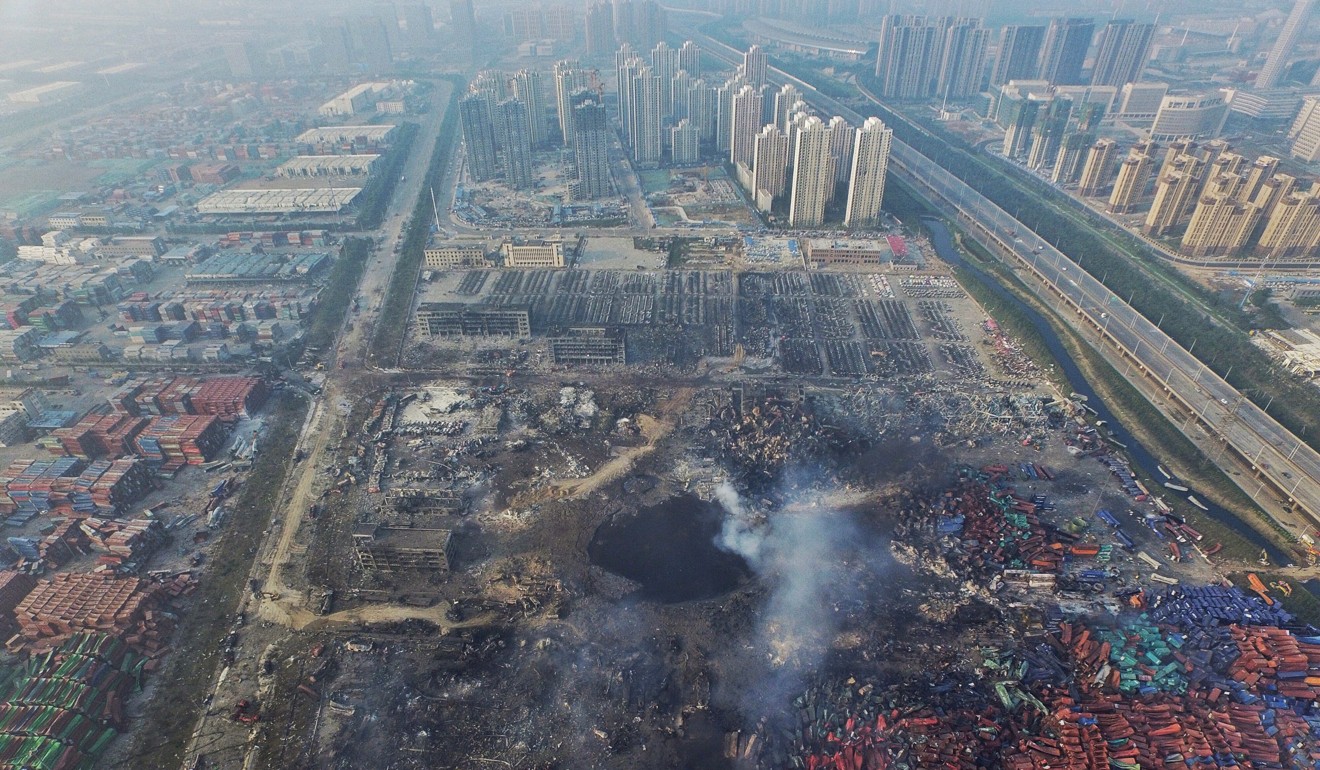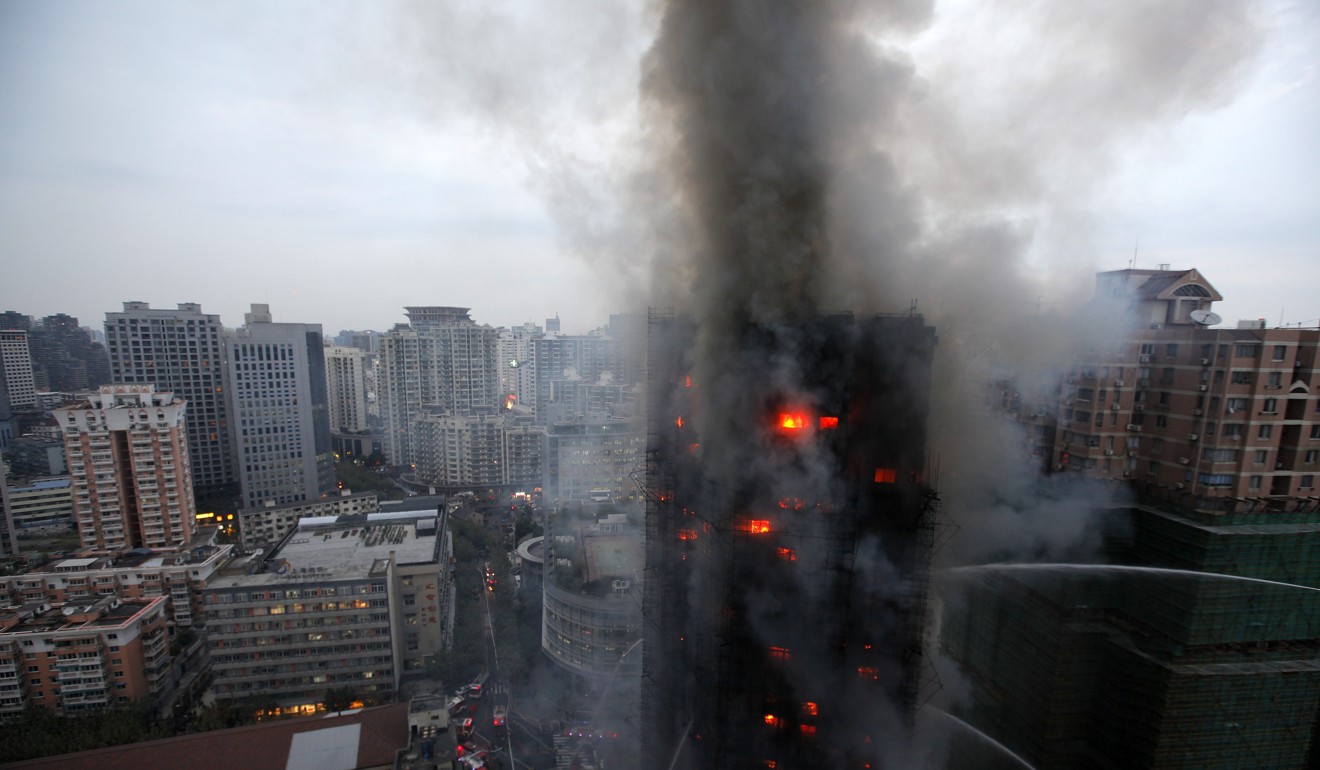
Vaccine scandal: the Chinese officials who defy disgrace to rise from the ashes of public crises
A deadly health or safety breach is not necessarily the end of the careers for the party cadres held responsible
A deadly health crisis would end careers for government officials in many countries, but China’s latest vaccine scandal has occurred on the watch of a regulatory official who was held responsible for the melamine milk contamination case a decade ago.
“So the guy who oversaw Sanlu was taking charge of the vaccines, how wonderful!” one internet user wrote on Wednesday.
At least four children died and more than 10,000 were hospitalised in 2008 after being fed Sanlu Group milk formula contaminated with melamine, a toxic industrial chemical used to inflate protein readings in quality tests. The practice also occurred at other dairy companies.
Among the dozen-plus officials held responsible for that failure was Sun Xianze, who oversaw food safety regulation in the food and drug regulator. Sun was issued a demerit, the lightest of the penalties given to the disgraced group of cadres.
Six years after the scandal, Sun was assigned to oversee drug safety in the same government agency until his due retirement in March.
China ‘censors social media posts about vaccine scandal’
And it was on Sun’s watch that the latest vaccine scandal grew, becoming the country’s worst health crisis in years.
Sun’s comeback, though, is not an isolated case – other politicians and bureaucrats have risen from the ashes after being punished for huge errors.
According to the State Drug Administration (SDA), the pharmaceutical firm Changchun Changsheng Bio-technology sold some 252,600 substandard DPT (diphtheria, whooping cough and tetanus) vaccines to Shandong health authorities since November.
Amid public calls to hold businesspeople and officials accountable for the scandal, Chinese President Xi Jinping pledged on Monday that the authorities would conduct a thorough investigation. The central government sent a team of investigators to Changchun, in Jilin province, where the vaccine company is based.
Other officials to make a comeback include Wu Xianguo, the Communist Party chief of Shijiazhuang, where the Sanlu company was based. He was dismissed from office in 2008 over the milk powder scandal.
Chinese tech giants push vaccine search service amid latest scandal
Yet five years later, Wu was back in public – albeit with a slightly humbler rank, overseeing rural affairs in the provincial government.
More recent cases include Zong Guoying, the former party chief of the Binhai district of Tianjin, where a deadly explosion of an illegal stockpile of hazardous chemicals claimed 165 lives in 2015.
Zong, who led the district for eight years, was the highest ranking of more than 100 officials punished for overlooking safety compliance.
Yet Zong’s career took off again last year, as he became the first-ranking deputy governor of Yunnan province.

Zhuang Deshui, deputy director of Peking University’s Clean Government Centre, said that certain administrative penalties could have only a mild impact on an official’s career, and might not be enough to deter party cadres.
“A warning is the least among all penalties. The official has to wait for more than a year for any possible promotion,” Zhuang said. “That’s only a short time in terms of decades of public service.”
Other penalties, imposed on both ministerial officials and local party cadres, include demerits, demotion, sacking and judicial investigations.
Changsheng Bio-tech, the vaccine maker behind China’s latest public health scare
“There are differences, depending on whether an official is held directly or indirectly responsible,” he said.
Zhuang said that while the party had clear rules about types of penalties and their consequences, it was less clear-cut about how long an official must wait to be rehabilitated.
“The party will conduct an assessment of a dismissed cadre before bringing him back to office, but the information is never accessible to the public,” he said.

When a massive fire in a Shanghai residential building killed 58 people in 2010, Jingan district governor Zhang Renliang was dismissed from office.
Zhang was sacked after a central government investigation concluded that the building’s construction breached multiple safety regulations.
One year after the fire, Zhang was working as an official in Xinjiang. He returned to Shanghai in 2015, when he was given the new job as the chief executive of a state-owned enterprise, a position that usually comes with a higher salary than those available in the public service.

